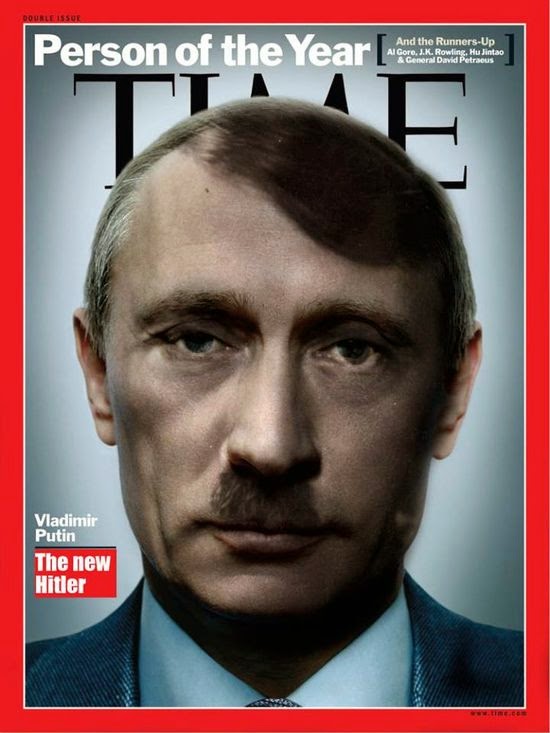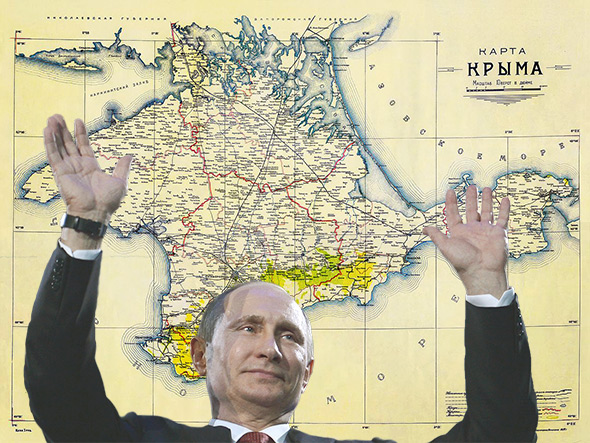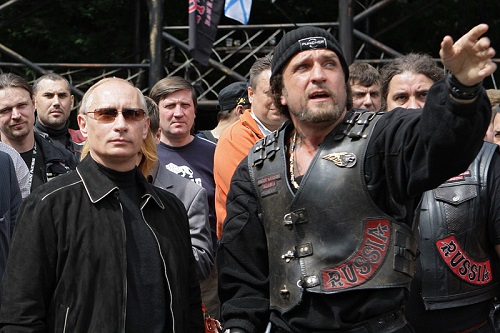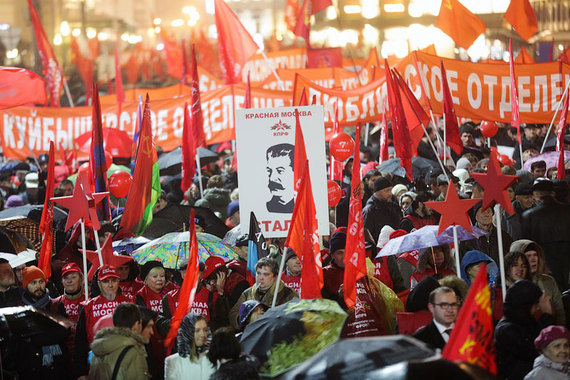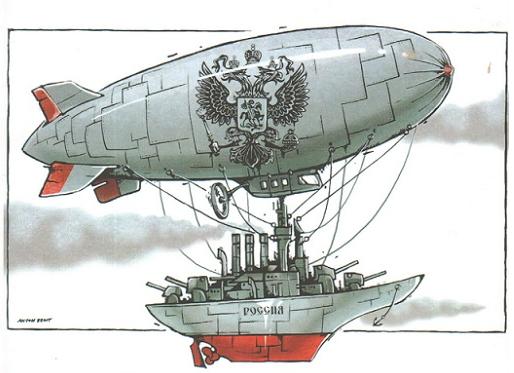Some object to the application of the term “fascist” to Vladimir Putin and his regime because he was not the leader of a mass movement, something characteristic of fascist leaders in the past; but in mid-2014, Igor Eidman says, Putin became precisely “a genuine mass leader” and thus the term describes both him and his system.
During the course of a discussion on Radio Liberty on Friday, Ilya Budraitskis expressed the widespread view that the term “fascist” should not be applied to Putin and his government because fascism traditionally involves the coming to power of “a reactionary movement from below.”
Putin, the commentator said, could not be considered “a leader of a fascist type” because “he did not emerge from such a mass movement, from ‘the streets,’ or from public politics.” Eidman who also took part in the discussion said he had a somewhat different view but did not have the opportunity to offer it at the time.
He has now done so in a post on Facebook, and his argument deserves close attention.“Of course, when Putin came to power,” Eidman says, “he was not a real public politician or his regime a fascist one. But the Putin system has undergone an essential evolution.”
“By the middle of 2014,” he argues, “Putin had become a genuine mass leader of precisely the fascist type;” and “in the future, the Russian ‘duche’ will have to meet the expectations of the population that have been generated by the chauvinist rhetoric and aggressive actions” of Putin and his entourage.
Because of that, Eidman continues, his regime will “inevitably” become more fascist over time.
“Even now,” he says, “Putin’s regime of personal power based on a corrupt bureaucratic oligarchy has many of the characteristics of a fascist dictatorship: authoritarianism, an aggressive and annexationist foreign policy, the dominance of state-monopoly capital in economics and of the force structures in administrations, chauvinism and clericalism in ideology.”
The existence of private property and a market economy set it apart from the Soviet system, he continues, and the lack of “real representative democracy” and “the power of ‘a leader’ who can’t be replaced via elections” make Putin and his system something very different from “’bourgeois-democratic’ countries.”
But precisely these qualities make Putin and his system “very close” to the fascist countries of the last century, especially if one considers fascism in its “broad interpretation” to include “not only the Mussolini regime in Italy but also Franco in Spain, Salazar in Portugal, Horthy in Hungary, Antonescu in Romania, Stroessner in Paraguay, and so on.”
“The Putin regime completely deserves to be numbered among this anything but enviable group,” Eidman concludes.
